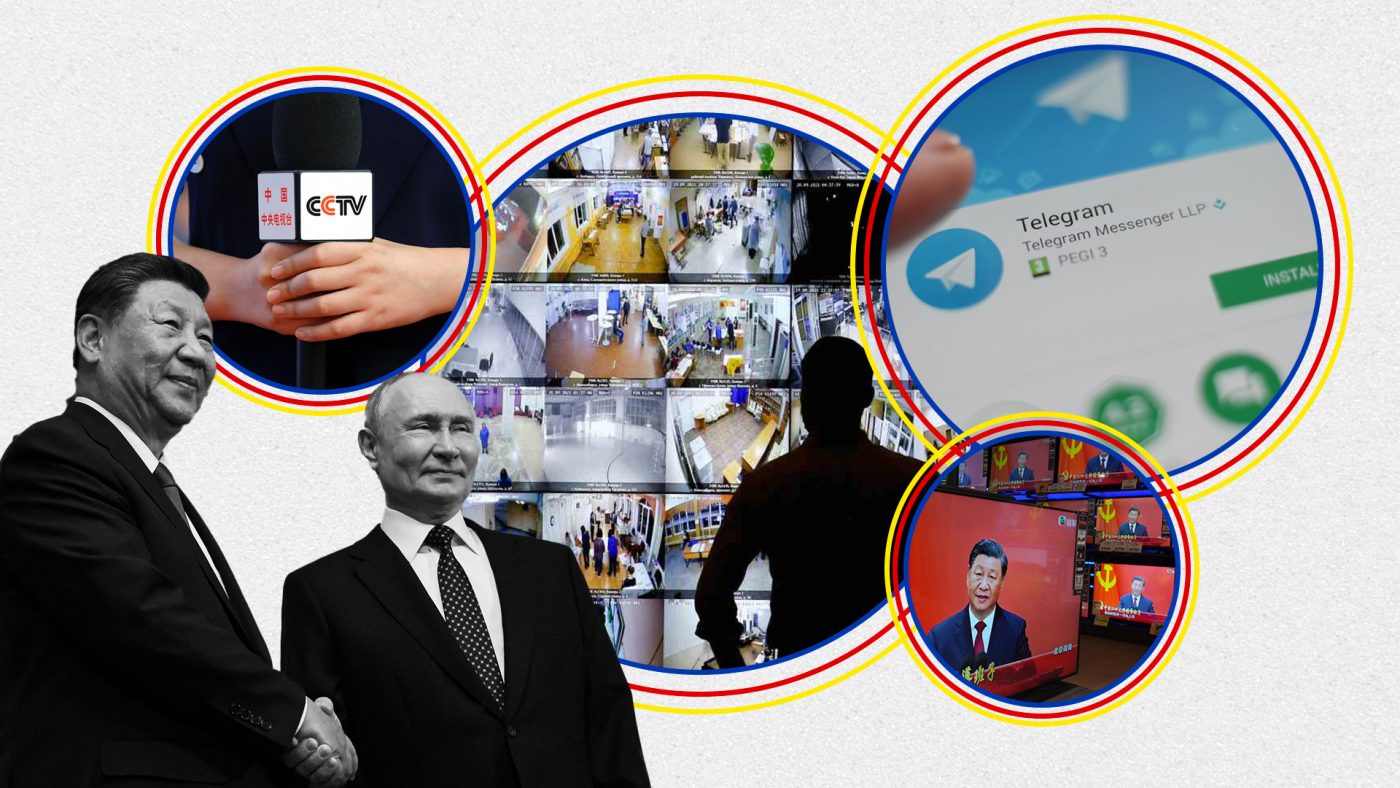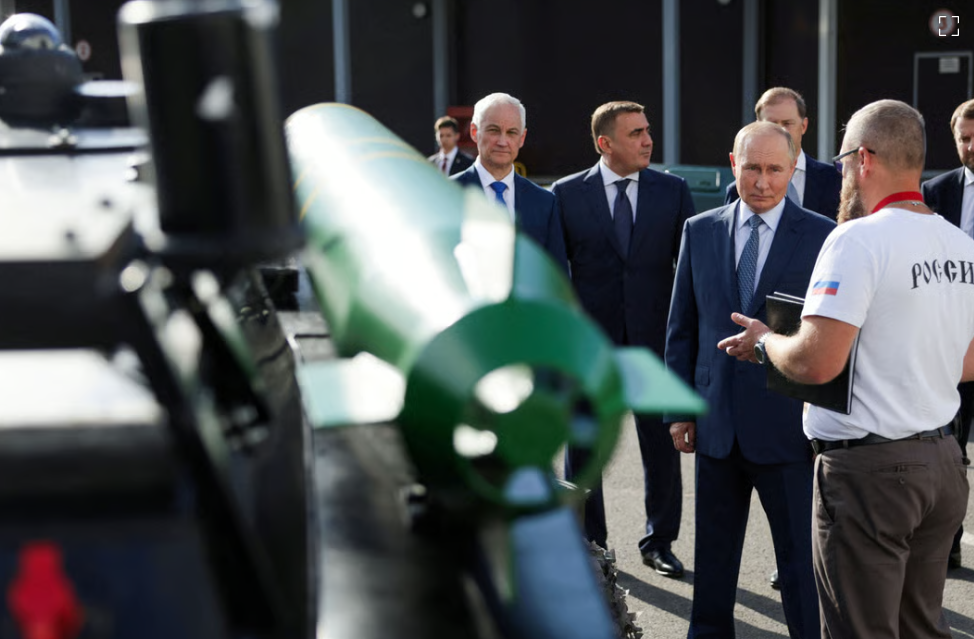China and Russia are joining forces in a hybrid war against the West, increasingly coordinating their information manipulation campaigns and interference in the internal affairs of democratic countries, according to a report published by the Center for European Policy Analysis (CEPA). The report highlights the growing synchronization between the two authoritarian regimes in the creation and spread of disinformation.
The document notes that Beijing and Moscow not only actively share tactics but also employ similar strategies aimed at undermining trust in democracies, weakening transatlantic alliances, and promoting their own interests. While no official evidence of a formal pact is presented, the report documents numerous examples of parallel actions that reinforce one another.
According to CEPA, Chinese and Russian state media frequently amplify each other’s narratives and disseminate them to a global audience. This “echo effect” helps create the illusion of broader support and legitimacy for their positions—such as in covering Russia’s war against Ukraine or accusing the West of so-called colonial ambitions. Russia and China simultaneously use social media, state-run TV, and news websites to broadcast aligned messaging, contributing to the destabilization of democratic societies.
The report also highlights the use of AI technologies, troll farms, and fake social media accounts to manipulate public opinion. Special attention is given to coordinated campaigns in Africa, Latin America, and the Asia-Pacific region, where Russia and China exploit local politicians and media to promote anti-Western sentiment.
CEPA stresses that the primary goal of these coordinated hybrid attacks is to erode trust in democratic electoral systems, sow chaos and division within NATO and the EU, and promote a vision of a multipolar world in which China and Russia position themselves as an alternative center of power.
As an example, the report cites how, after the start of Russia’s invasion of Ukraine, Chinese state media actively echoed Russian claims about alleged U.S. biological laboratories in Ukraine, simultaneously reinforcing this narrative through official and proxy accounts.
Additionally, CEPA notes the use of advanced “lawfare” tools — the strategic use of legal mechanisms to pressure companies, universities, and independent organizations, particularly in Europe. Moscow and Beijing use these tactics to restrict freedom of speech and intimidate critics abroad.
The report concludes that this threat can only be countered through coordinated action: by strengthening cybersecurity, regulating social media platforms, supporting independent journalism, and jointly resisting interference in electoral processes. CEPA recommends that NATO, the EU, and G7 countries develop a unified strategy to deter China and Russia’s hybrid operations and protect democratic societies from large-scale disinformation attacks.
Experts urge Western governments to recognize that China-Russia coordination in the information war has reached a new level and now poses a serious challenge to the entire democratic world.





















